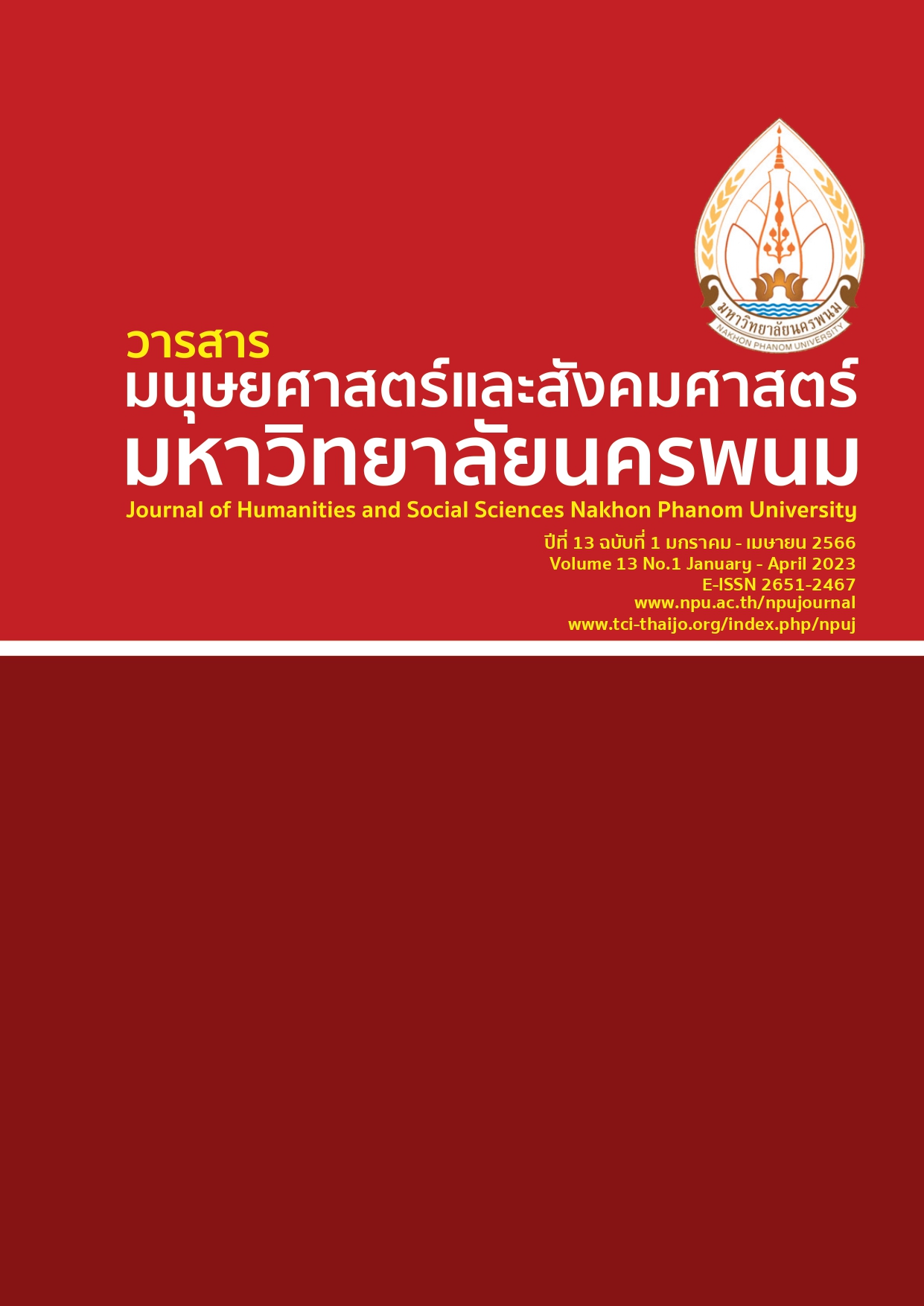The Guidelines on Emotional Quotient Development for Students of the Faculty of Education, Phuket Rajabhat University
Main Article Content
Abstract
This research aims to study the emotional quotient levels of students of the Faculty of Education, Phuket Rajabhat University, in order to compare the emotional quotient of students with different personal factors as well as to present the guidelines on emotional quotient development for students of the Faculty of Education, Phuket Rajabhat University. The sample group consisted of 400 1st year–4th year students of the Faculty of Education, Phuket Rajabhat University in the Academic Year of 2019, 3 psychological and educational experts, 10 Executive Committee of the Faculty of Education, Phuket Rajabhat University, and 20 stakeholders; namely graduate users (educational administrators, Heads of Department, full-time teachers). The tools used for the data collection were the 52 items of measuring the emotional intelligence level a questionnaire which divided into 9 aspects. and the interview form. The data was collected from the questionnaire and the interview. The qualitative data analysis used the systematization and inference for the conclusions, while the quantitative data analysis used the descriptive statistics such as mean, and standard deviation. The t-test, F-test and the pairwise comparison by Scheffe's method were set at 95 percent confidence level or statistical significance level of .05. The results showed that: 1) the students had a high average emotional quotient level in all 9 aspects, 2) the comparison of the emotional quotient of the students with different personal factors found that the student with different gender, year of study, grade point average, parents’ profession, habitation conditions, parenting conditions, learning conditions, and participation in student activities had different emotional quotient levels; namely, the factor that the emotional quotient level was significantly different with a statistical significance was gender, which was significantly different at the .01 level, while the year of study, grade point average, parents’ profession, habitation conditions, parenting conditions, learning conditions, and participation in student activities factors were found that there was no difference in the emotional quotient levels with statistical significance of .05 level, 3) the guidelines on emotional quotient development for students of the Faculty of Education, Phuket Rajabhat University, based on the results of data analysis according to objectives 1 and 2, and the interview with the experts found that the administrators must establish a strategic plans for student development emphasizing on developing students’ IQ and EQ as well as set the strategic plan driving committee for developing students under the cooperation of the administrators of Faculty of Education, teachers, students, and graduate users. According to the results of the study on emotional quotient level of students of the Faculty of Education, the provided activities should focus on 4 dimensions of emotional quotient development including self-motivation, patience, teamwork, and self-esteem which the emotional quotient level was at a moderate level.
Article Details

This work is licensed under a Creative Commons Attribution-NonCommercial-NoDerivatives 4.0 International License.
References
Dechkong. T. (2004). Khwāmchalātthāngʻāromsū sati læpanya [Emotional Intelligence to Mindfulness and Wisdom. 10 th ed]. Bangkok : Matichon Publishing.
Department of Mental Health. (2000). Īkhiu khwāmchalātthāngʻārom [EQ: Emotional Intelligence]. Bangkok : Mental Health Development Office, Department of Mental Health.
Detpichai, W. (1992). Khūmư̄kānwičhailækānpramœ̄nphonkhrōngkānthāngkānsưksālæphrưttikamsāt [Research and intellectual challenge and intellectual education]. Pattani : Prince of Songkla University Pattani Campus.
Goleman, D. (1995). Emotional Intelligence. New York : Bantam Books.
Goleman, D. (1998). Working with Emotion Intelligence. New York : Bantam Book.
Jimenez, E. (2020). Emotional quotient, work attitude and teaching performance of secondary school teachers. Journal of Pedagogical Sociology and Psychology. 2(1),25-35 doi:https://doi.org/10.33902 /JPSP. 2020161079
Leksoongnoen, S. (2018). Khwāmchalātthāngʻ āromkhō̜ngnaksưksāchanpīthīnưng Mahāwitthayālai Sinlapākō̜n phrarāt wang sanāmčhan [Emotional intelligence of first year students Silpakorn University Sanam Chan Palace]. Bangkok : Silpakorn University.
Mayer, J. D. and Salovey, P. (1997). What is emotional of emotional intelligence. Intelligence. 17(4),433-442.
Maputra, Y. and Winbaktinur, W. (2015). The Developing Pattern of Emotional Quotients by Teacher in Teaching. Scientific Journal of PPI-UKM. 2(5),210-214.
Office for Accreditation and Quality Assessment. (2004). Lakkēnlæwithīkānpramœ̄nkhunnaphāpphāinō̜k khō̜ng sathānsưksāradapkānsưksānaphư̄nthān [Criteria and methods of assessment. External qualities of educational institutions at the level of basic education]. Bangkok : Good Print Co.,Ltd.
Panjieng, P. (2015). Chalātthāngʻāromkhō̜ng naksưksāsathābanʻudomsưksānaičhangwatSongkhlā [Factors Affecting Emotional Intelligence and Emotional Intelligence Development Patterns of Students of Higher Education Institutions in Songkhla Province]. Songkhla :, Hat Yai University.
Wongkhamchan, C. and Saengngam. K. (2021). Kānphatthanākhwāmchalātthāngʻāromlæphrưttikam kānrīan
rūkhō̜ng naksưksāwichāchīpkhrūdōi kāčhatkitčhakamkānrīanrūbǣpchœ̄ngruk (Active Learning) pha sānnǣo khitčhittapanyāsưksā [Developing emotional intelligence and learning behaviors of teacher-professional students by organizing active learning activities that combine the concept of intellectual education]. Journal of Roi Et Rajabhat University. 15(1),209-219.


